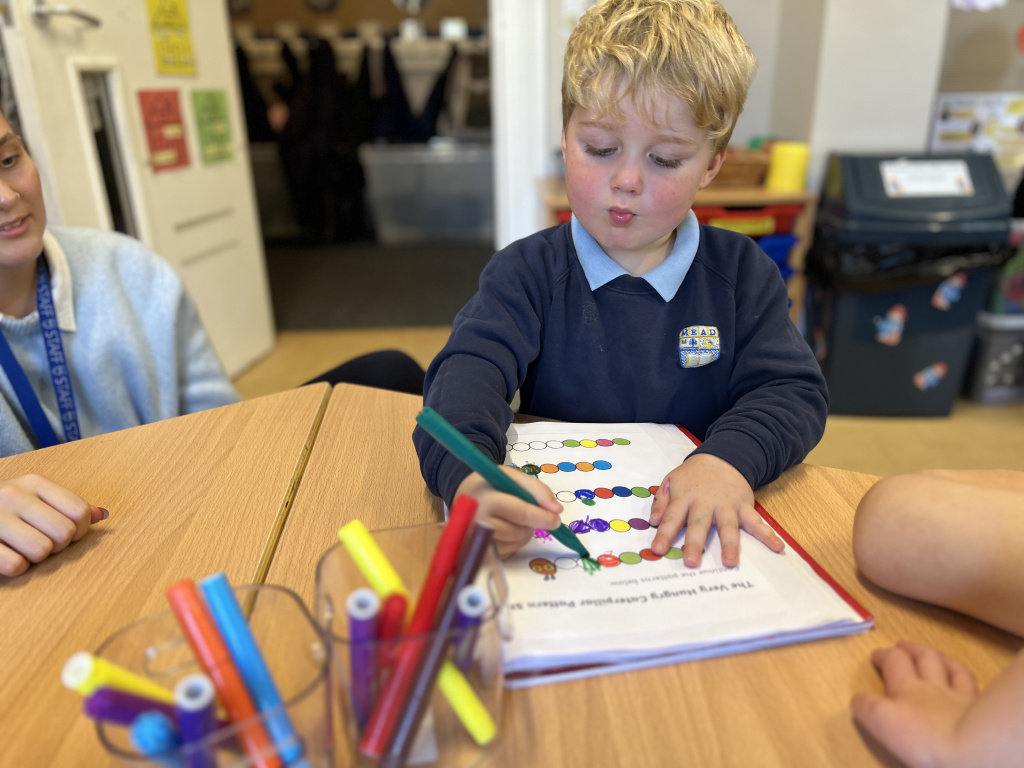Mastering the Skill of Learning: Metacognition
Ever wondered what separates good learners from great ones?
The answer lies in metacognition – and the research is striking. Studies show that teaching metacognition and self-regulation strategies can accelerate pupil progress by an additional eight months over the course of a year. More importantly, children with stronger metacognitive skills achieve greater academic success and perform better overall. In a world where adaptability and self-directed learning are essential for leadership and success, this skill has never been more critical.
At The Mead, we equip our children with two essential languages: one for emotions and one for learning. This second language is that of metacognition, which is simply giving children the words to understand how they learn.
What Metacognition Is
Metacognition is about moving children beyond the feeling of being “stuck” and providing them with a framework to actively manage their own learning. It’s the difference between a child saying:
“I don’t know how to do this.”
And “I find this tricky when there’s too much going on — I need to break it down.”
We teach children to plan, monitor and evaluate their work, with an emphasis on self-assessment and reflection. This process fosters self-awareness and shifts them from simply ‘doing’ school to understanding how they learn.
Why It Matters
Teaching metacognition is vital because it empowers the whole child. We’re not teaching children what to think; we’re teaching them how they think.
This skill set, paired with emotional awareness (the language for emotions) and a growth mindset constantly promoted in school, helps children become genuinely balanced and self-aware. When a child can say, “I’m feeling worried about getting this wrong, but I know everyone makes mistakes and that’s how we learn,” they are effectively combining emotional and learning awareness to navigate both their inner and academic worlds.
By making metacognition an integral part of our curriculum, we ensure our children are equipped with the most valuable life skill: the ability to understand themselves and take control of their learning journey.

